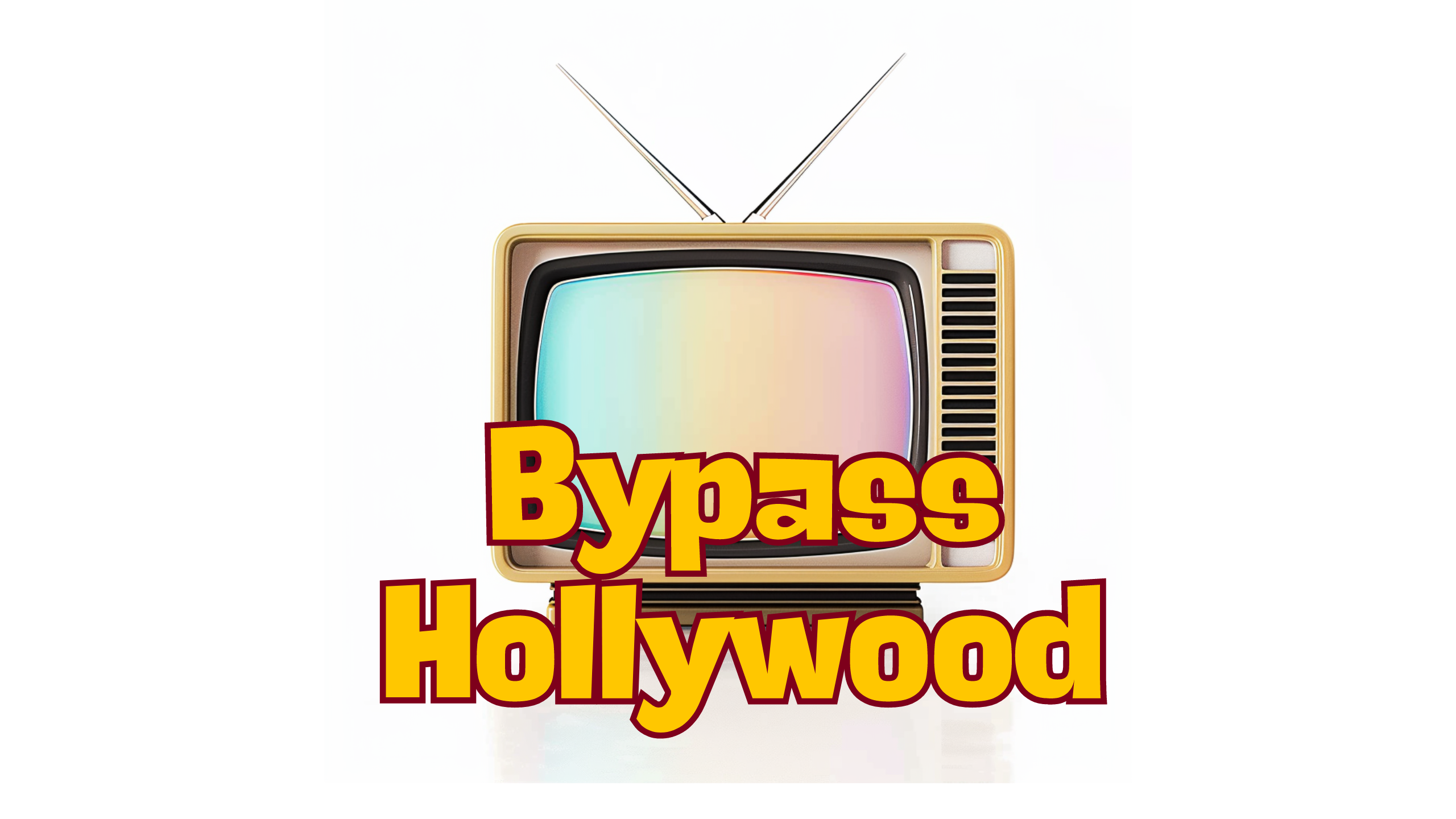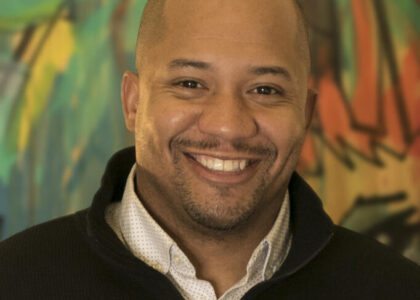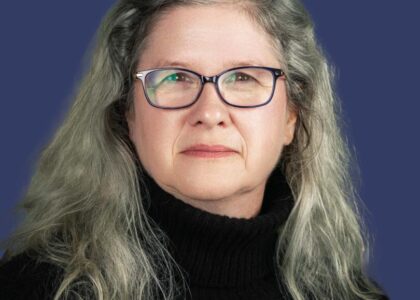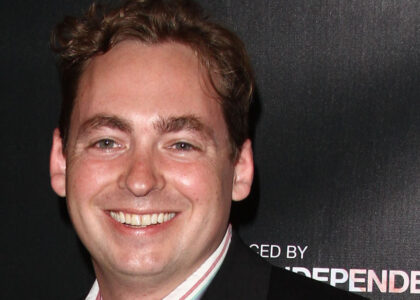

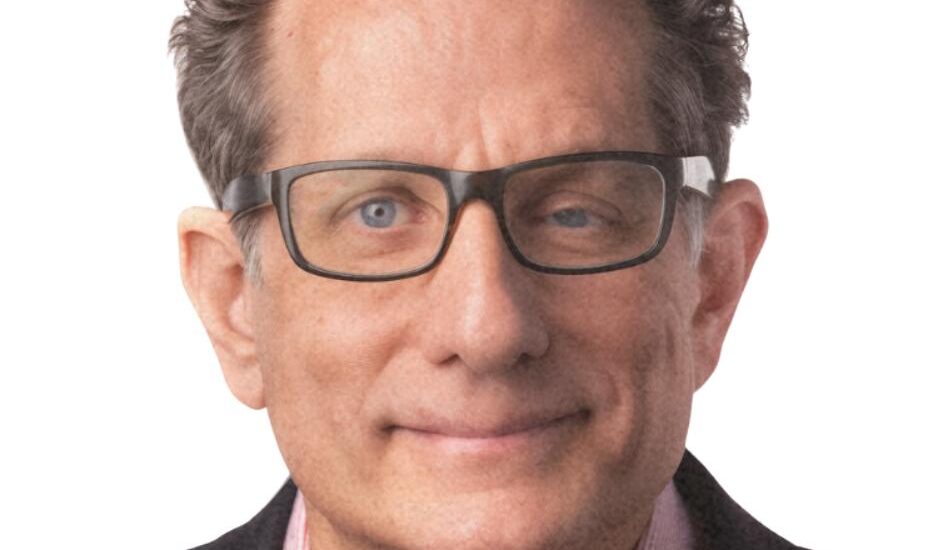
As I sat down with my friend Lloyd Jassin, an intellectual property attorney with decades of experience in publishing and entertainment law, I couldn’t help but feel a mix of excitement and trepidation. In an era where artificial intelligence is reshaping the creative landscape, who better to navigate the murky waters of copyright and AI than a seasoned legal expert? Lloyd has worked with me on projects and I can speak to how brilliant he is. Our conversation, ranging from the intricacies of copyright law to the future of storytelling in the age of AI, proved to be as illuminating as it was complex.
Important! Copyright law is complex and constantly evolving, especially with new technologies like AI. If you have specific legal questions or concerns, seek the advice of an attorney.
From Publishing to IP Law
Can you tell us about your journey from publishing to intellectual property law?
Jassin: I started out my professional life in book publishing. I had intentions of going into the music business when I graduated college, but wasn’t able to break in, so I took a job in the publicity department of Macmillan Publishing. I quickly progressed through the ranks, and over the course of a decade, I worked in various roles within publishing, ultimately becoming Director of Publicity for a division of Simon & Schuster.
Publishing was going through a retrenchment in the mid-80s. I found myself losing staff and unable to hire new people at Simon & Schuster. That’s when I decided to go to law school. Given my background in publishing, I naturally gravitated toward intellectual property law—focusing on copyright, trademarks, contracts, and licensing. While in law school, I interned at Viacom International, where I gained valuable experience in entertainment law, particularly in television syndication, distribution, and merchandise licensing.
After law school, I worked at an intellectual property boutique— a mid-sized law firm. Eventually, I decided to start my own practice, focusing on representing authors, publishers, literary agencies, and publishing organizations. In recent years, I’ve been fortunate to represent well-known literary estates, as well as popular BookTok authors, doing book-to-film deals. I also work with established, name-brand authors who are navigating the later stages of their careers.
The Foundations of Copyright Law
What are the key principles of copyright law that creators should understand?
Jassin: Copyright is fundamentally about authorship and the rights of creators. Copyright consists of a bundle of exclusive rights, which are the right to reproduce, to create new works based on the original work, to distribute, perform, and publicly display their works. These exclusive rights are sometimes referred to as a limited monopoly, and the purpose of this is to provide authors with a financial incentive to create new works.That limited monopoly endures for the life of the author, plus 70 years. It’s very important to note that copyright does not protect ideas, facts, concepts, formulas or procedures. It only protects the creative ways in which those ideas are expressed.
Copyright infringement is different from plagiarism. Plagiarism is an ethical violation – taking someone’s ideas and passing them off as your own. Copyright infringement isn’t the failure to give someone credit. It is the unlawful appropriation of the protected elements of a work– the way ideas are expressed–not the underlying ideas or facts.
Copyright is paternalistic. Copyright law gives human authors the right to terminate contracts 35 years after initial publication. The termination right is an inalienable right. Despite what a contract may say, you cannot waive your right of termination. You can, however, use your termination right as leverage to negotiate better deal terms, or to leave your publisher or producer partner for another.
AI and the Creative Process
Is it legal to use AI tools like ChatGPT for brainstorming and ideation in writing? I mean, if a Creator wants to use it, is it cool to use.
Jassin: Yes, that’s very cool use. It’s the perfect use for ChatGPT and its brethren. That iterative process or exchange or dialogue is fine because copyright does not protect ideas. What it protects is the way those ideas are expressed.
What about using AI for proofreading or line editing?
Jassin: Maxwell Perkins, who helped shape Hemingways and F. Scott Fitzgerald’s manuscripts, was known for his deep editorial involvement. While he was a brilliant editor, his role was just that, editor. He was performing a traditional publishing fuction. Typically, the changes made during line editing-whether by ChaptGPT or your human editor-are more about refining rather than creating something new. You remain the sole author.
How does copyright apply when AI generates dialogue or substantial portions of a work?
Jassin: This is an evolving area of the law. AI-generated works are not eligible for copyright protection, because U.S. law requires human authorship. But, this gets into a gray area. If you are using AI as a collaborative tool, the work may qualify for copyright protection. But, if you’re rewriting AI-generated content in your own words, rather than using AI as a tool to improve or enhance your own writing, that swings in the wrong direction. If AI significantly contributes to the creation of a work and you intend to register the copyright, you must disclose AI’s involvement when filing your application. According to the U.S. Copyright Office, copyright protection only extends to elements created by humans. As a result, any portion of the work that is the direct output of AI without human modification or creative input would not be protected. Related, but different, when two people collaborate, there is a good chance the ensuing work will be considered a joint work for copyright purposes. Since U.S. Copyright law requires that a work must have a human author, ChaptGPT cannot claim co-authorship.
AI and Visual Arts
Can filmmakers copyright work created using AI video tools?
Jassin: First, if you produce a film based on your own intellectual property, you can protect the film as a derivative or based upon work; but your protection lies not in the finished film, but in your foundation IP. That means, no one can make a substantially similar film based on the characters and story that you originally created. But, if you’re using AI video tools, the creative decisions you make—the composition of shots, the edits, the pacing, mood, sequence of events on the screen–would entitle you to register the copyright in the film in your own name. Again, would have to disclose AI’s involvement in the copyright application, since those elements are not protectable. Ironically, as things stand today, your human-AI collaboration could be ingested into a large language model and used as information for generating new AI-driven moving images.
What legal recourse do artists have if AI imitates their style?
Jassin: Here, we’re talking about the intersection of copyright, trademark and unfair competition law. Typically, an artist’s style is not protected. But, you raise an important question about artistic imitation in an era where AI can ingest a creator’s entire body of work and be instructed to produce unauthorized sequels, prequels, or derivative works that emulate but don’t infringe an artist’s work. Because branding and visual identity can be used to separate the real from the fake, artists may shift towards trademark law to defend not just individual works but their broader artistic “brand” or style. This shift could make trademark law a more prominent tool for protecting creative output, especially since copyright doesn’t cover certain aspects like style or look and feel as effectively.
The Future of Creativity in the Age of AI
How do you see AI impacting the creative industries in the coming years?
Jassin: We are at a precipice in time. Generative AI is increasingly taking over content creation. It’s damn scary and exhilarating at the same time because it’s both a competitor and collaborator that understands the flow of conversation. It’s an incredible tool for research and ideation, it opens up new unfathomable possibilities. But the frightening aspect lies in the thought that storytelling might soon be done by machines.
I think we’re going to see people driven to more authentic experiences – theater, acoustic music, and the author experience. The burden is on creators to market themselves and connect directly with their audience. You’ve got to show up for book signings, author talks, and readings. Author merch. It’s fandom. Events and reader interactions are essential elements for a successful career.. What concerns me is not so much copyright infringement, but competition. GAI might create content that disadvantages human creators in ways that don’t rise to the level of copyright or trademark infringement, but still impact their ability to make a living.
What advice do you have for creators in this new landscape?
Jassin: If you’re a creator and GAI models feed off your IP, you deserve financial compensation. My advice: lobby for changes in the law to protect your rights. Understand that GAI knows how to dance around copyright by mimicking patterns—it typically doesn’t copy outright. As long as the text or image generated in response to a prompt isn’t ‘substantially similar’—a legal term of art—to the data it was trained on, it’s not considered infringement. In other words, if you are aggrieved that your content has been ingested, don’t overestimate the effectiveness of copyright litigation.
Use AI as a tool, but don’t pass it off as something it isn’t. Focus on building your brand and nurturing your relationship with your audience. In an age of deep fakes, the human element—genuine creativity, emotional depth, and personal expression—becomes increasingly valuable. Your brand and the associated goodwill are valuable assets. It’s what makes your fans and followers come back for more. One might say trademark law is the new copyright.
